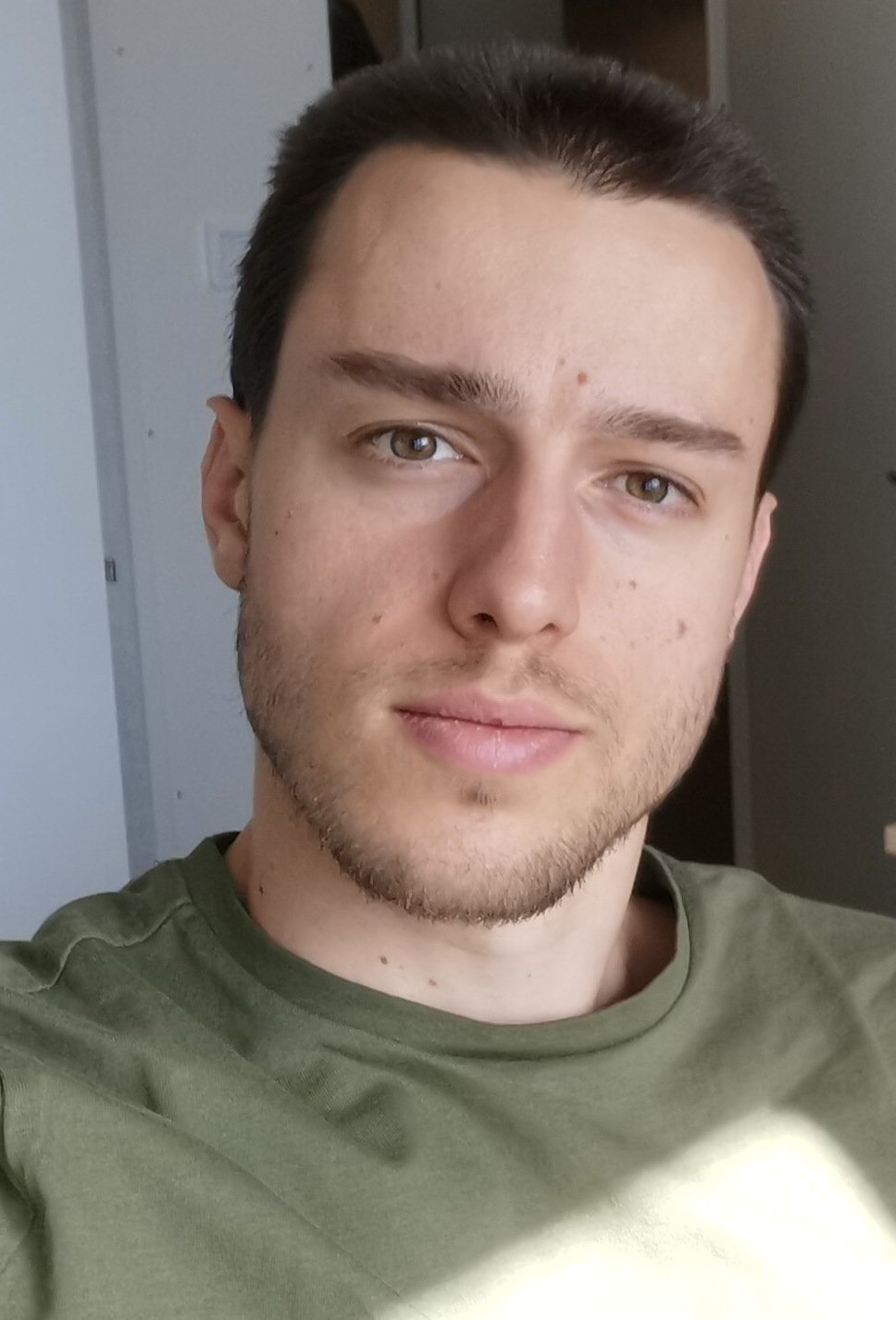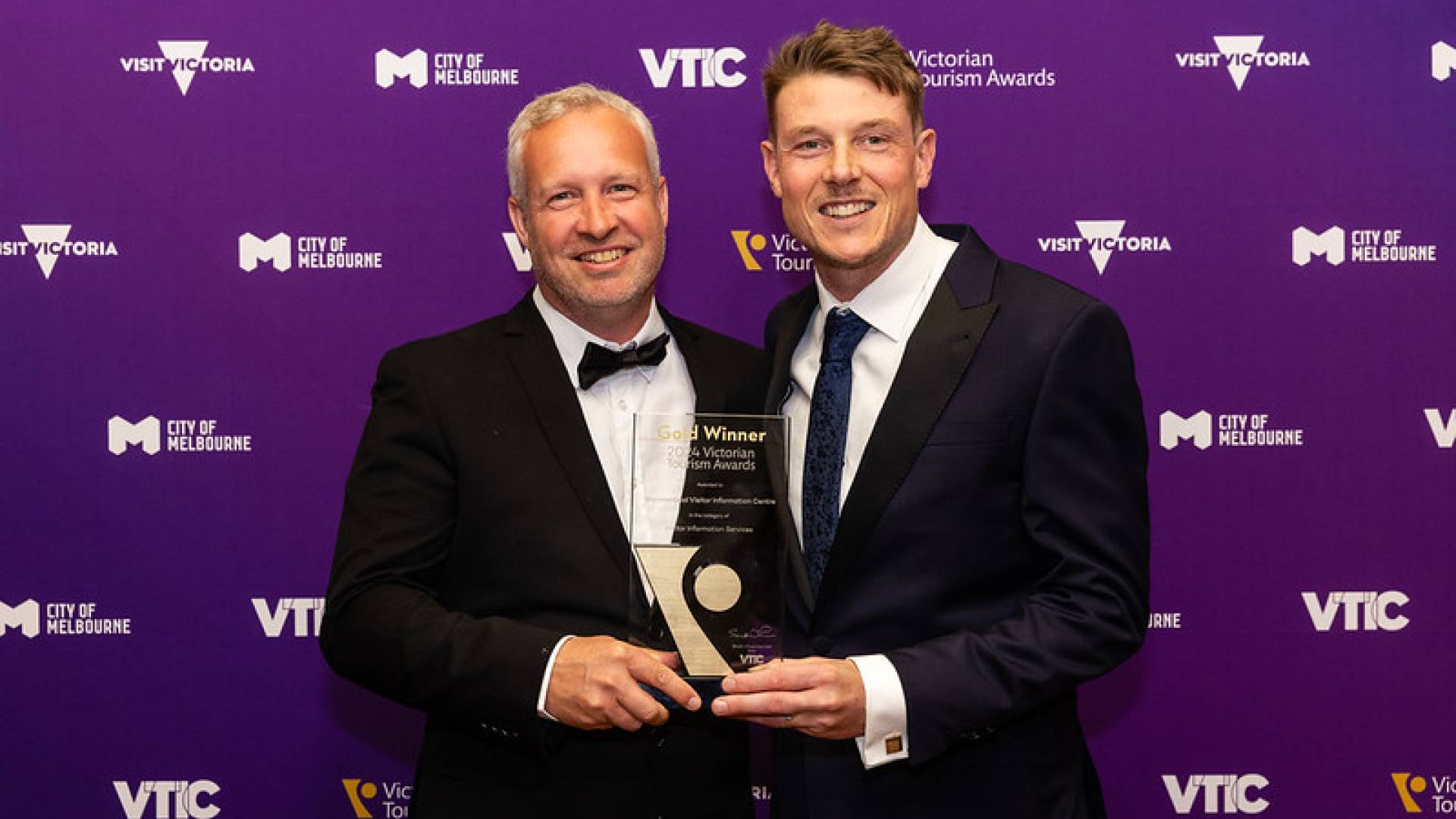Adrián Carballo Casla has recently been awarded a Forte Starting Grant 2024. His research project aims to tailor dietary recommendations to the unique needs of older adults, potentially leading to healthier and longer lives.
is a Postdoctoral Researcher at the Aging Research Center, Department of Neurobiology, Care Sciences and Society at Karolinska Institutet.
Adrián, can you tell us about the main goals of your project?

Our project is based on the understanding that dietary recommendations tailored to the needs of older adults can significantly contribute to healthier, longer lives. However, there is a lack of evidence from large-scale, context-specific studies. We aim to address this gap by leveraging Swedish multicohort data to answer three key questions:
- Which dietary recommendations could have the highest impact on healthy longevity?
- What is the most sensitive window of exposure to these foods, and how long are the latency periods?
- How are the benefits of these dietary recommendations influenced by the psychosocial background of older adults?
Who else is involved in the study?
The core research team comprises at least eight researchers, including myself: Associate Professor (co-Principal Investigator of SNAC-K), Professor (Director of NEAR), Associate Professor (Scientific Coordinator of NEAR), Professor Sölve Elmståhl (Principal Investigator of SNAC-S), Principal Researcher (Principal Investigator of SNAC-N), and Professor Fernando Rodríguez-Artalejo (Principal Investigator of Seniors-ENRICA 1 and Seniors-ENRICA 2). We will also recruit a research assistant and hope to include more researchers and cohorts if resources allow.
Which patient groups are expected to benefit from your research, and how?
Our research primarily targets Swedish older adults, a group for whom suboptimal diet is responsible for approximately 13,400 deaths and 187,000 disability-adjusted life-years annually. The goal is to personalise the Swedish dietary guidelines to meet the biological and psychosocial needs of older adults, identifying the healthiest and unhealthiest foods for this population subgroup and suggesting beneficial replacements.
With the support of a Forte Starting Grant, this project is set to make a meaningful impact on public health in Sweden and beyond.








